Discover Discovery Matters
Discovery Matters

115 Episodes
Reverse
In this episode, we talk with Prof. Tej Pal Singh, a leading figure in structural biology whose work has revealed the shapes and functions of hundreds of important proteins. He shares how these discoveries have helped us better understand immunity, inflammation, and disease—and how they’re guiding new approaches to designing medicines. From breakthrough crystal structures to innovative peptide work, Prof. Singh offers a clear, inspiring look at how structural biology drives modern medical progress.
Kenya has eliminated human African trypanosomiasis —sleeping sickness — as a public health problem. Dr. Gerardo Priotto from the World Health Organization joins us to explain how Kenya met WHO’s rigorous criteria, the science behind the validation, and the partnerships that made this milestone possible. We unpack the challenges of T.b. rhodesiense, the role of surveillance and community action, and what Kenya’s success means for the global fight against neglected tropical diseases.
From the mysteries of space to the secrets of the microbiome, from the science of pain to extraordinary stories of resilience and discovery — 2025 was a year to remember. Join Conor, Dodi and the team as they reflect on the highlights on Discovery Matters.
Brain tumours are among the most complex and challenging conditions in modern medicine. In this episode, we explore what brain tumours are, how they develop, and most importantly, the patient experience.
Discover the story of Dr. Rex Spendlove, the humble scientist behind a breakthrough in cell culture media. From his early days tackling unreliable fetal bovine serum to founding HyClone Laboratories, Dr. Spendlove’s innovations set new standards for scientific research and helped shape modern biotechnology. Join us as we explore how curiosity, collaboration, and a drive to help others can change the world.
What happens when mRNA meets lipid nanoparticles? Sparks fly—and science wins. This dynamic duo is behind breakthroughs from game-changing vaccines to strategies for silencing stubborn viruses.Join Dodi and Conor as they sit down with Professor Sharon Lewin, a global leader in HIV research, to explore how this partnership could transform treatment and rewrite the future of medicine.Smart science, big ideas—don’t miss this episode of Discovery Matters, brought to you by Cytiva.
This episode is all about the purisuit to understand and treat metastatic breast cancer. Dr. Martine Piccart and Dr. Lisa Carey delve into the complexities of metastatic breast cancer (MBC), highlighting why it remains one of the most challenging forms of the disease to treat.
We’re fascinated by the microbiome — and for good reason. But how do we protect this invisible ecosystem that plays such a vital role in our health?From engineering live, programmable therapeutics that disarm dangerous gut pathogens to creating a global “doomsday vault” to safeguard the diversity of human gut microbes, we dive deep into the cutting-edge science shaping the future of microbiome research.Show notes1. Ronda, C., Perdue, T., Schwanz, L. et al. Precise virulence inactivation using a CRISPR-associated transposase for combating Enterobacteriaceae gut pathogens. Nat. Biomed. Eng (2025). https://doi.org/10.1038/s41551-025-01453-12. 2. Dominguez-Bello, M.G., Steiger, D., Fankhauser, M. et al. The microbiota vault initiative: safeguarding Earth’s microbial heritage for future generations. Nat Commun 16, 5373 (2025). https://doi.org/10.1038/s41467-025-61008-5
In this episode, we explore zoonotic diseases and their growing impact on global health. Professor Clare Bryant, sheds light on strategies to vaccinate animals to prevent pathogen transmission into humans. We also delve into the historical context of the disease, the role of vaccines, and the importance of coordinated public health.Whether you're a public health professional or simply curious about emerging infectious diseases, this episode offers a comprehensive look at the science, challenges, and solutions surrounding zoonotic diseases.
Pain. It comes in many forms: physical and emotional. But do we really understand it?This episode will attempt to answer fundamental questions about what pain is, how it is experienced, and why it is such a critical aspect of human existence. We speak with Prof Jeff Mogil to discuss sex differences in pain. His work has been influential in promoting the inclusion of both sexes in pain research, ensuring that treatments and pain management strategies are more effective for everyone. We are also joined by Steve Ruston, CEO of Persica, to discuss non-opioid intradiscal injection to treat chronic low back pain caused by bacterial infection. Show notesNanoparticle gel could help save degraded coral reefsPlants struggled for millions of years after the world's worst climate catastrophe
Today, we're diving into a topic that's not just reshaping the world of vaccines—it's flipping it on its head. We're exploring the cutting-edge realm of inverse vaccines with Prof Lawrence Steinman and how they're revolutionizing the approach to treating autoimmune diseases. Plus, we'll chat with CancerVax, who are using the immune system in a radically different way, aiming to make it attack cancer cells just like it would fight off a virus like measles.
Ever wonder what happens to your body when you leave Earth behind? In this gravity-defying episode, we launch into the weird, wild world of human biology in space. From the first C. elegans in space to the NASA Twins Study to future deep space missions, we have a lot to discuss. Strap in as we float through the science of space adaptation. Spoiler: space may teach us about our Earth-bound health. Show notes• Deane, Colleen S, et al. (2023) Comparative analysis of muscle atrophy during spaceflight, nutritional deficiency and disuse in the nematode caenorhabditis elegans. International Journal of Molecular Sciences, 24 (16), [12640]. • Francine E. Garrett-Bakelman et al. (2019) The NASA Twins Study: A multidimensional analysis of a year-long human spaceflight. Science, 364 (8650).• Bokhari RS, et al. (2022) Looking on the horizon; potential and unique approaches to developing radiation countermeasures for deep space travel. Life Sci Space Res (Amst), 35 (105-112).• Glavin, D.P., et al. (2025) Abundant ammonia and nitrogen-rich soluble organic matter in samples from asteroid (101955) Bennu. Nat Astron 9 (199–210).• Eyting, M., et al. (2025) A natural experiment on the effect of herpes zoster vaccination on dementia. Nature.
What's new with insulin? Jeppe Sturis and his team at Novo Nordisk have a new hypothesis. They challenge the long-held belief that insulin resistance comes from faulty tissues, suggesting instead that the real culprit is insulin breaking down before it even reaches its target. This fresh perspective could reshape how we fight diabetes.We will also hear from Diamyd Medical’s advancing research on antigen-specific immunotherapy which could change the game by protecting insulin-producing cells and slowing the progression of Type 1 diabetes.
Join us for a fascinating deep dive into how generative AI is revolutionizing healthcare and life sciences! We unveil groundbreaking advancements in drug discovery, clinical trials, and diagnostics—showcasing AI’s growing role in shaping the future of medicine. With expert insights from Shweta Maniar (Google Cloud) and Martin Stumpe (Danaher), we’ll explore how AI accelerates innovation through data-driven breakthroughs while keeping humans at the heart of the process for trust and accountability.Show notesResearchers identify a brain circuit for creativity
Join us in this lite bite episode as Dr. Aravind Asokan, Duke University, explores cutting-edge technologies revolutionizing advanced therapies, including CRISPR, mRNA, viral vectors, and cell therapies. He shares key lessons from past challenges, discusses scalability, product quality, and how integrating various therapeutic approaches is shaping the future of disease treatment.
This episode covers exciting advancements in AAV with CRISPR, CAR T cell therapy, circular RNA, and virus-like particles (VLPs).
Show notes
Asokan A, et al. ‘An evolved AAV variant enables efficient genetic engineering of murine T cells’. Cell. 2023 Jan 19;186(2):446-460. https://doi.org/10.1016/j.cell.2022.12.022
In this special celebratory milestone episode, we mark our 100th episode with a vibrant recap of year. Get ready to dive into fascinating conversations, from the squirrely intelligence of cephalopods and their chameleon-like abilities to cutting-edge antibody drug conjugates (ADCs) revolutionizing cancer treatment, to an enlightening chat with Nobel Laureate Dr. Michael Houghton on the crucial path to combating hepatitis C.
Insulin's discovery in 1921 transformed diabetes from a certain death sentence to a manageable chronic condition, revolutionizing modern medicine. In this episode of Discovery Matters, we look back to our episode on a fascinating journey through 100 years of insulin advancements and its profound impact on diabetes treatment.
Listen in to appreciate 100 years of ground-breaking science and anticipate what the future holds for diabetes treatment.
In this episode of Discovery Matters we delve into groundbreaking advancements in Parkinson’s disease research. Dodi and Conor transport us to the frontier of medical innovation, exploring the latest discoveries and techniques that hold promise for early diagnosis and treatment of Parkinson’s disease.
Show notes
• Decet, Marianna et al. ‘A candidate loss-of-function variant in SGIP1 causes synaptic dysfunction and recessive parkinsonism’, Cell Reports Medicine, Volume 5, Issue 10.
• Hällqvist, J., Bartl, M., Dakna, M. et al. ‘Plasma proteomics identify biomarkers predicting Parkinson’s disease up to 7 years before symptom onset’. Nat Commun 15, 4759 (2024).
• Roald Dahl's Marvellous Children's Charity
Keywords: non-invasive procedure, early diagnosis, synaptic homeostasis, Parkinsonism, biomarkers, machine learning, REM sleep disorder, inflammatory pathways, dopaminergic cells, predictive diagnostics, early intervention.
In this re-released episode we revisit protein A. We will dive back into the history and science of protein A. But what exactly sets protein A apart? Is it really the top choice for antibody purification because of its alphabetical ranking, or is there more to the story? And what about its counterparts, proteins G and L?
As we approach our one hundredth episode, travel back with us to the origins of the podcast in our premiere episode, "Team and Jam and Protein Separation." In this debut, we explored the vital process of protein separation—an essential technique in biochemistry and pharmaceuticals that continues to impact human health in significant ways.











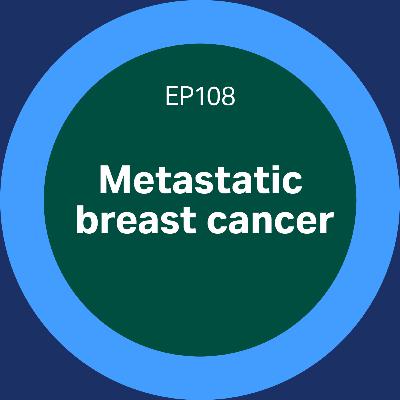
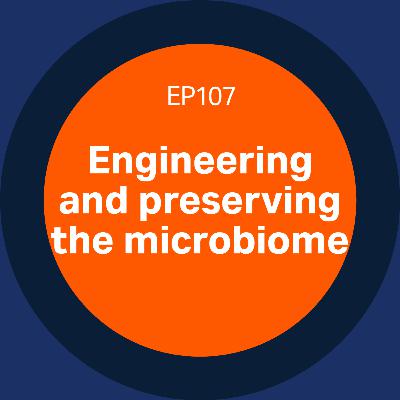
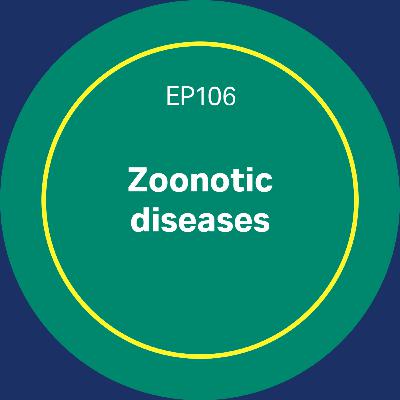
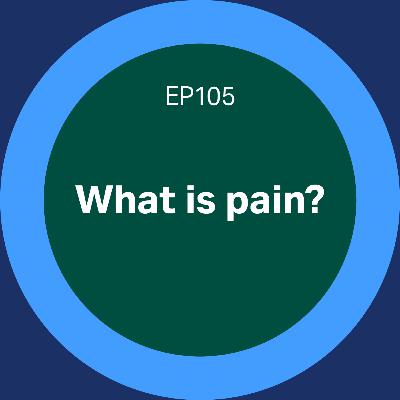
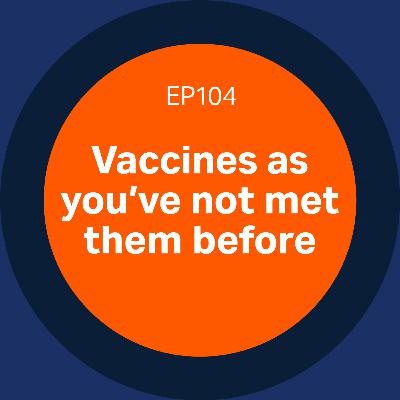
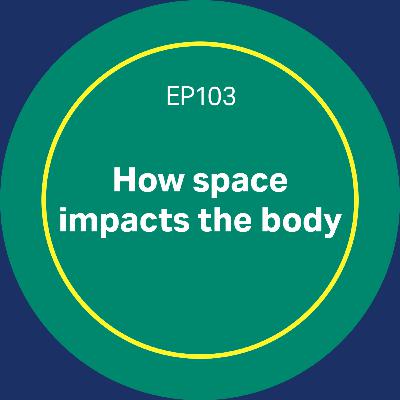
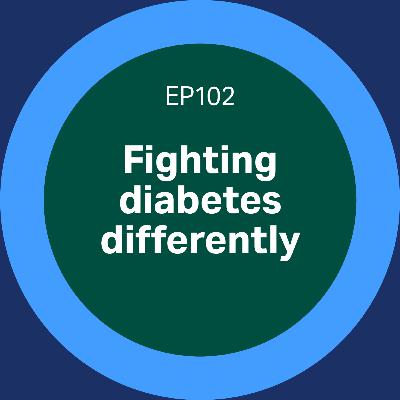
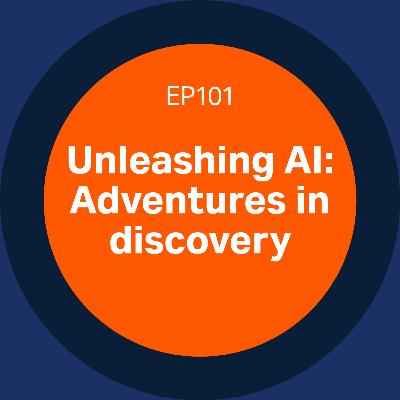

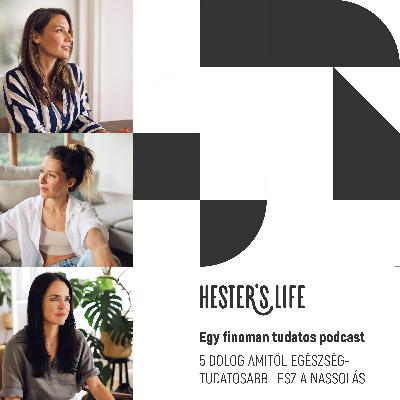
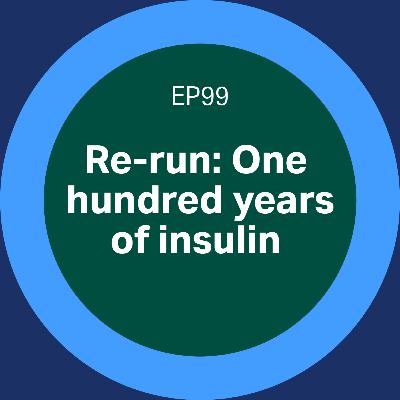
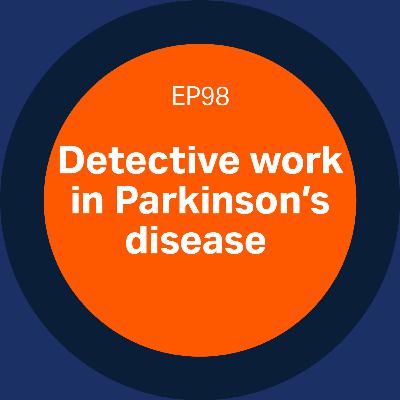
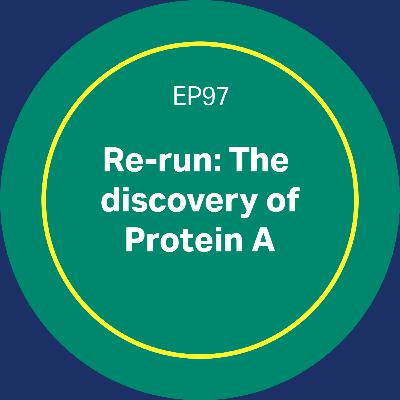




hello, Are you an artist looking to boost your streams, subscribers, and listeners? I’m on the lookout for talent ready to elevate their digital presence! Share your links, and let’s connect